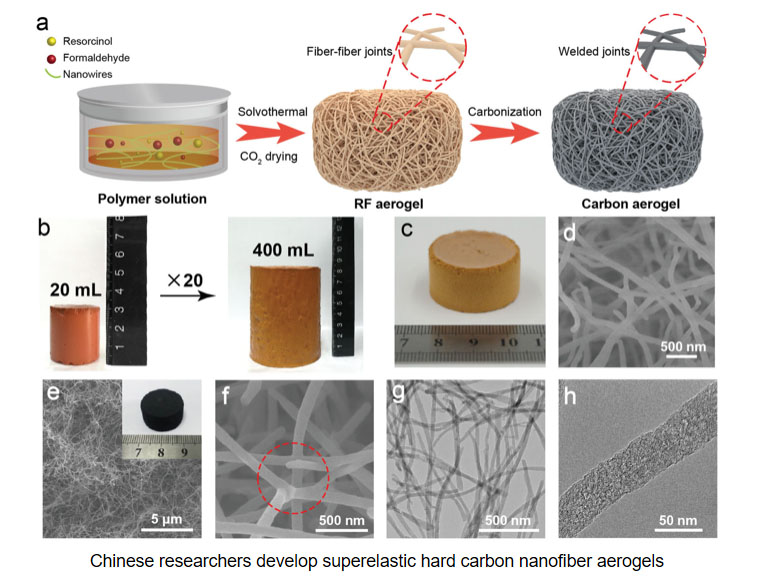
-
 Afrikaans
Afrikaans -
 Albanian
Albanian -
 Amharic
Amharic -
 Arabic
Arabic -
 Armenian
Armenian -
 Azerbaijani
Azerbaijani -
 Basque
Basque -
 Belarusian
Belarusian -
 Bengali
Bengali -
 Bosnian
Bosnian -
 Bulgarian
Bulgarian -
 Catalan
Catalan -
 Cebuano
Cebuano -
 China
China -
 China (Taiwan)
China (Taiwan) -
 Corsican
Corsican -
 Croatian
Croatian -
 Czech
Czech -
 Danish
Danish -
 Dutch
Dutch -
 English
English -
 Esperanto
Esperanto -
 Estonian
Estonian -
 Finnish
Finnish -
 French
French -
 Frisian
Frisian -
 Galician
Galician -
 Georgian
Georgian -
 German
German -
 Greek
Greek -
 Gujarati
Gujarati -
 Haitian Creole
Haitian Creole -
 hausa
hausa -
 hawaiian
hawaiian -
 Hebrew
Hebrew -
 Hindi
Hindi -
 Miao
Miao -
 Hungarian
Hungarian -
 Icelandic
Icelandic -
 igbo
igbo -
 Indonesian
Indonesian -
 irish
irish -
 Italian
Italian -
 Japanese
Japanese -
 Javanese
Javanese -
 Kannada
Kannada -
 kazakh
kazakh -
 Khmer
Khmer -
 Rwandese
Rwandese -
 Korean
Korean -
 Kurdish
Kurdish -
 Kyrgyz
Kyrgyz -
 Lao
Lao -
 Latin
Latin -
 Latvian
Latvian -
 Lithuanian
Lithuanian -
 Luxembourgish
Luxembourgish -
 Macedonian
Macedonian -
 Malgashi
Malgashi -
 Malay
Malay -
 Malayalam
Malayalam -
 Maltese
Maltese -
 Maori
Maori -
 Marathi
Marathi -
 Mongolian
Mongolian -
 Myanmar
Myanmar -
 Nepali
Nepali -
 Norwegian
Norwegian -
 Norwegian
Norwegian -
 Occitan
Occitan -
 Pashto
Pashto -
 Persian
Persian -
 Polish
Polish -
 Portuguese
Portuguese -
 Punjabi
Punjabi -
 Romanian
Romanian -
 Russian
Russian -
 Samoan
Samoan -
 Scottish Gaelic
Scottish Gaelic -
 Serbian
Serbian -
 Sesotho
Sesotho -
 Shona
Shona -
 Sindhi
Sindhi -
 Sinhala
Sinhala -
 Slovak
Slovak -
 Slovenian
Slovenian -
 Somali
Somali -
 Spanish
Spanish -
 Sundanese
Sundanese -
 Swahili
Swahili -
 Swedish
Swedish -
 Tagalog
Tagalog -
 Tajik
Tajik -
 Tamil
Tamil -
 Tatar
Tatar -
 Telugu
Telugu -
 Thai
Thai -
 Turkish
Turkish -
 Turkmen
Turkmen -
 Ukrainian
Ukrainian -
 Urdu
Urdu -
 Uighur
Uighur -
 Uzbek
Uzbek -
 Vietnamese
Vietnamese -
 Welsh
Welsh -
 Bantu
Bantu -
 Yiddish
Yiddish -
 Yoruba
Yoruba -
 Zulu
Zulu
Exploring the Benefits and Applications of Fiberglass in Tank Construction and Design
The Advantages of Fiberglass Tanks in Modern Industries
Fiberglass tanks have emerged as a popular solution for a multitude of storage applications within various industries. Made from glass-reinforced plastic, these tanks are known for their durability, corrosion resistance, and lightweight properties. As industries continue to evolve, the demand for efficient and versatile storage solutions like fiberglass tanks has significantly increased.
Durability and Longevity
One of the most notable advantages of fiberglass tanks is their exceptional durability. Unlike traditional materials such as steel or concrete, fiberglass does not corrode when exposed to harsh chemicals or varying weather conditions. This characteristic makes fiberglass tanks particularly suitable for the chemical and waste management industries, where the risk of corrosion can pose serious challenges. Additionally, they can withstand extreme temperatures, further extending their lifespan.
The longevity of fiberglass tanks translates into cost savings over time. While the initial investment may be higher than that of conventional tanks, the need for frequent repairs or replacements is significantly reduced. Businesses can enjoy a reliable storage solution that requires minimal maintenance, allowing them to focus their resources on core operations rather than upkeep.
Lightweight and Easy to Install
Another significant benefit of fiberglass tanks is their lightweight nature. Unlike metal tanks, which can be cumbersome and require specialized equipment for installation, fiberglass tanks are much easier to transport and install. This feature not only reduces labor costs but also allows for greater flexibility in site placement. In areas where space is limited, the lightweight design can make it easier to utilize optimal locations for installation without significant structural adjustments to existing facilities.
Customizable Design
tank fiberglass

Fiberglass tanks can also be tailored to meet specific requirements. They can be fabricated in various shapes, sizes, and configurations, providing businesses with the ability to customize their storage solutions according to their particular needs. Whether it is for water, chemicals, or other materials, the manufacturing processes used for fiberglass tanks offer a considerable degree of flexibility, ensuring that the final product aligns with the operational demands of any industry.
Environmental Considerations
In recent years, there has been a growing emphasis on sustainability and environmental responsibility. Fiberglass tanks offer eco-friendly benefits compared to tanks made from traditional materials. Their long-lasting nature means fewer resources are needed for manufacturing replacements, contributing to reduced waste. Furthermore, fiberglass is resistant to leaching, which helps prevent contamination of the surrounding environment, making them a favorable choice for environmentally-conscious businesses.
Applications Across Industries
The versatility of fiberglass tanks is evident in their widespread applications across various sectors. From agricultural storage of fertilizers and pesticides to municipal water treatment facilities, and even in the food and beverage industry, fiberglass tanks play a vital role. Their chemical resistance, durability, and adaptability make them suitable for a diverse range of materials, ensuring that industries can find the right solution for their specific needs.
Conclusion
In conclusion, fiberglass tanks present a compelling solution for modern industries seeking efficient, durable, and environmentally-friendly storage options. Their longevity, customizable design, and resistance to corrosion position them as an ideal choice in various applications. As industries continue to innovate and prioritize sustainability, the role of fiberglass tanks is expected to become increasingly prominent, proving that they are not just a temporary trend but a long-lasting solution for the challenges of storage in the modern world.
Latest news
-
Oblate Tanks: Space-Saving, Durable Liquid Storage SolutionsNewsAug.27,2025
-
High-Performance Piping System Solutions for Industry & Commercial UseNewsAug.26,2025
-
Precision Fittings: Durable & Reliable Industrial & Plumbing SolutionsNewsAug.25,2025
-
Practical Steps: Unlock Success with Our Proven GuidesNewsAug.24,2025
-
Transport Tanks: Safe, Durable & Efficient Liquid HaulingNewsAug.23,2025
-
High-Quality Piping Systems for Efficient Flow & DurabilityNewsAug.22,2025









